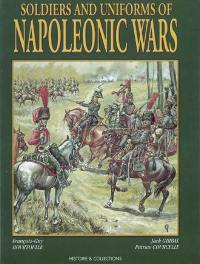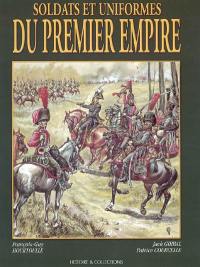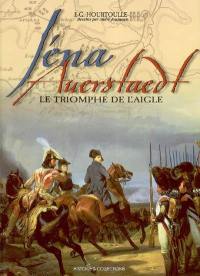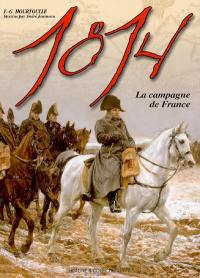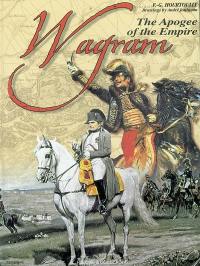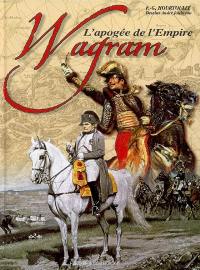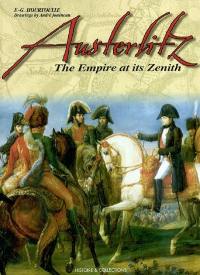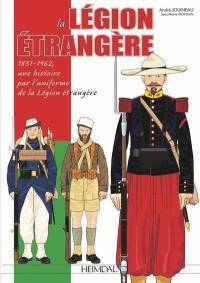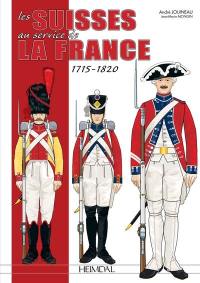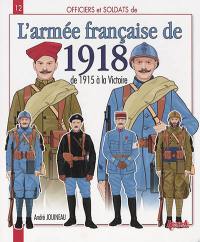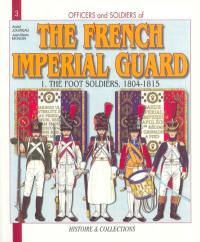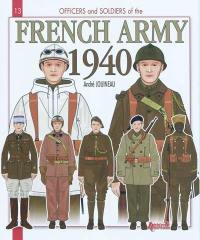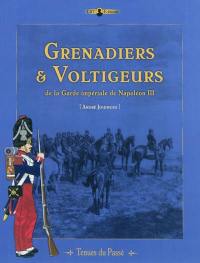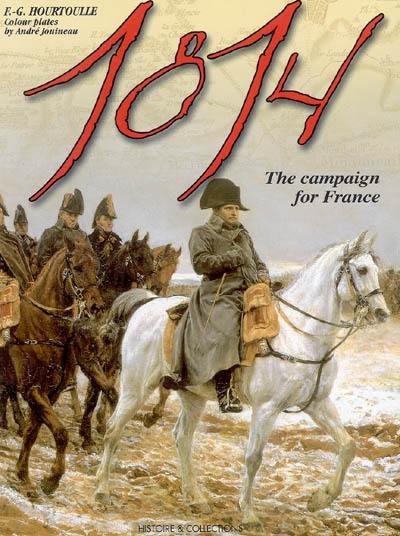
Fiche technique
Format : Relié
Nb de pages : 176 pages
Poids : 1200 g
Dimensions : 24cm X 32cm
EAN : 9782915239560
1814, the campaign for France
the wounded Eagle
Quatrième de couverture
1814 - The campaign for France
The French Campaign of 1814 did not start at Leipzig. But on the evening of 19 October 1813, Germany had been lost and the Emperor was obliged to withdraw his troops over the Rhine into France. De Wrede, at the head of his Austro-Bavarian troops, tried in vain to block this retreat, but he was swept aside on 30 October by the remnants of the French army corps. The Russian steppes had however engulfed the Grande Armée. It was re-formed within a few months but Napoleon's armies had been trounced on the battlefields of Germany. Once faithful in victory, yesterday's allies had now started to defect and turn their guns, victorious the day before, on their former companions. Capitaine Adjudant-Major Guindey of the Grenadiers à cheval of the Guard would never see France again. He fell at Hanau beneath the horses of the Bavarian Chevau-Légers, surrounded by the corpses of his one-time allies whom he had cut down, before himself being overwhelmed.
When he passed away, the brilliant Maréchal des Logis of the 10th Hussars who in 1806 had killed Prince Louis-Ferdinand of Prussia at the battle of Saalfeld in single combat, took with him the lights of an Empire which was foundering. When Napoleon reached Paris, the last French soldiers were crossing over on to the left bank of the Rhine.
How many were there ? 50 000 ? 60 000 ? Their greatly reduced strength was only matched by the pitiful state they were in. Hunger and typhus carried them off quicker than cannon balls or bullets. But the enemy was on their heels and already they had to turn and face him. The army corps, very often reduced to regiment strength, took up their position on the Rhine, their gaze once again turned towards the East.
It is difficult to describe the symphony which Napoleon played during the winter of 1814, during which he revealed the limits of military genius ; but the conscripts did push back the limits of courage, devotion and sacrifice, when faced with the invasion of their country. They are worthy of great respect, they wrote a splendid epic which carried France's prestige to even greater heights.






